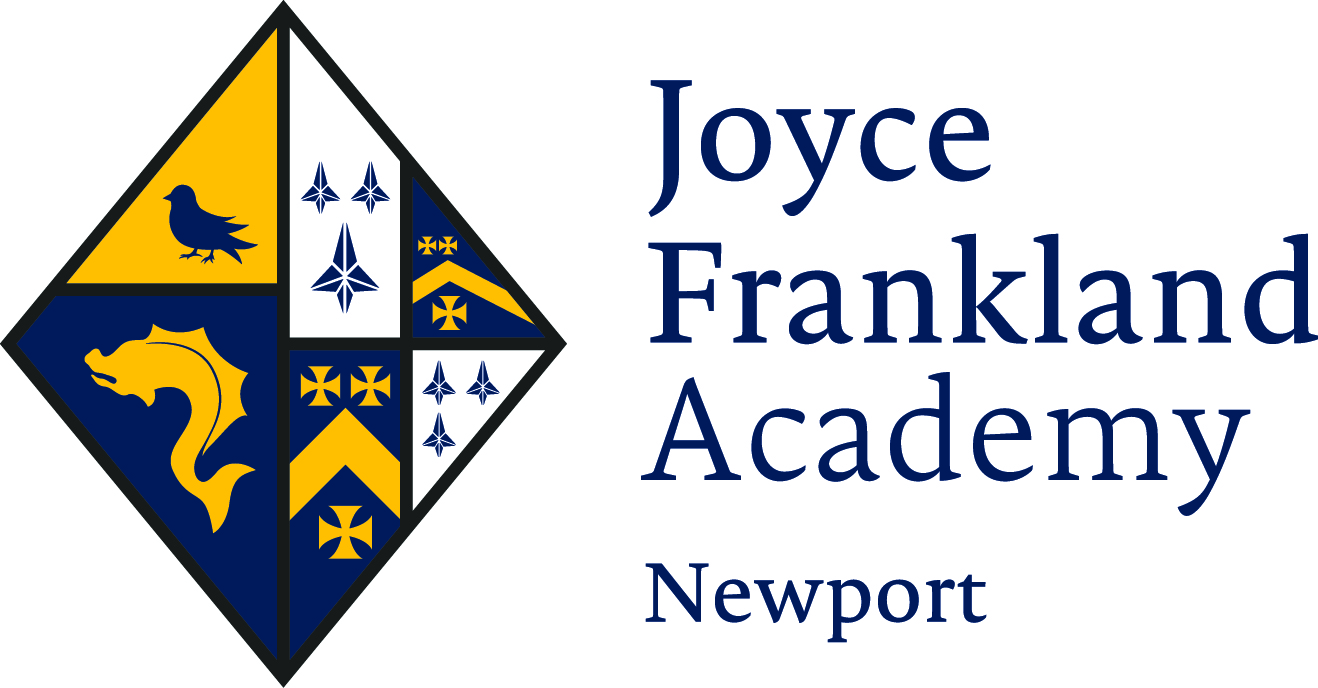KS4 Sociology
Course Overview
GCSE Sociology aims to broaden students minds, helping them to be inquisitive about their world through different sociological perspectives. This will give students insight into their role as active citizens of society. Studying Sociology offers insights into social and cultural issues such as poverty and crime, and encourages students to be inquisitive about the social world. This enables students to develop critical awareness of the social world, and allow them to identify and combat discrimination. Our intent is to allow students to explore the subject with imagination and inquisitiveness, and finish the course enthused about their role in society.
Topics/Themes
We follow the AQA GCSE Sociology course
The AQA GCSE course covers the following units of work:
1 The sociological approach:
Core sociological theory and an in-depth analysis of the socialisation process and the role of norms and values in society
2 Social structures, social processes and social issues:
How does the social world work? Students will look at the democratic process and the balance of power in society. Students will look at social issues such as poverty, discrimination and inequality
3 Families:
The social construction of the family and the role it plays in society.
4 Education:
Students study the role of education in society, and the importance of key educational terms such as cultural capital.
5 Crime and deviance:
An in-depth look at the criminal justice system and how it works as an agency of social control
6 Social stratification:
Students will identify and critically analyse discrimination and inequality in society.
7 Sociological research methods:
all core methods to be reviewed, analysed and discussed. Students will have an opportunity to complete their own independent research project, where they are encouraged to imaginatively approach a topic of their choosing.
Wider Impact:
Students will understand their social world and how it works. They will look at topics such as globalisation, the democratic process and wider social issues, which will provide them with the necessary skills for their role as global citizens. Cultural capital is fostered through an understanding of different cultures and social issues that are important to wider society. The core social issues of poverty, gender, race and ethnicity will help students to understand their role in the social world. Through the crime and deviance module students will learn about the criminal justice system and the laws which support their wellbeing as safety. Through the study of globalisation, students will look at diverse cultures and the importance of world faith and the freedom to choose. Students will learn to identify and challenge discrimination in each taught module through the focus on social issues and class, age, gender and ethnicity.

